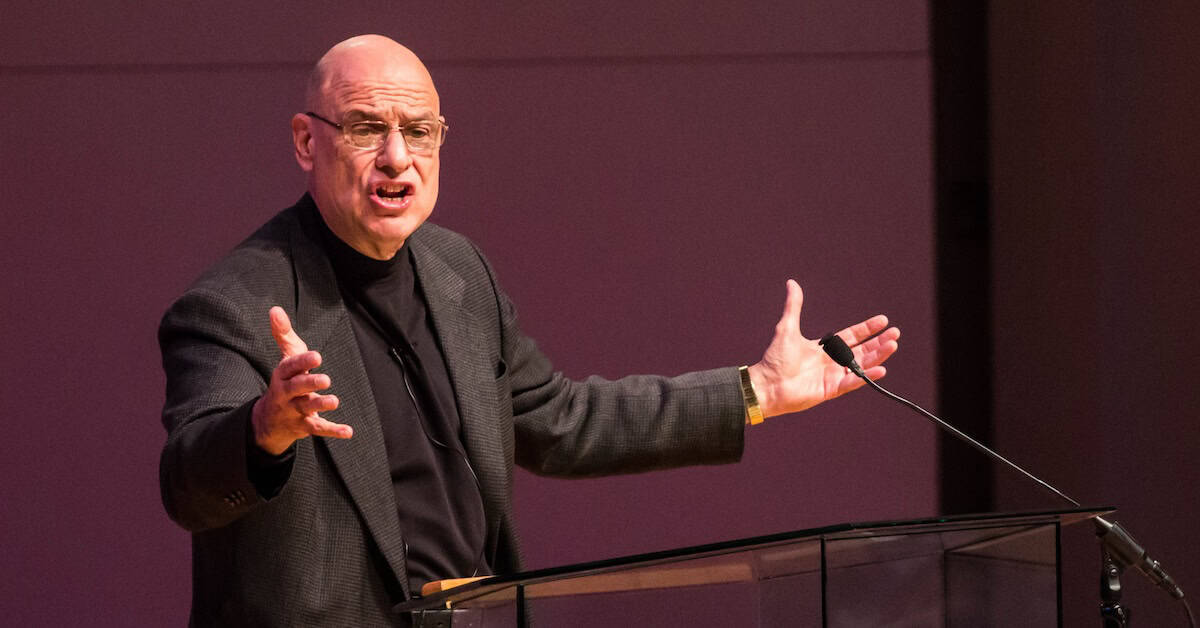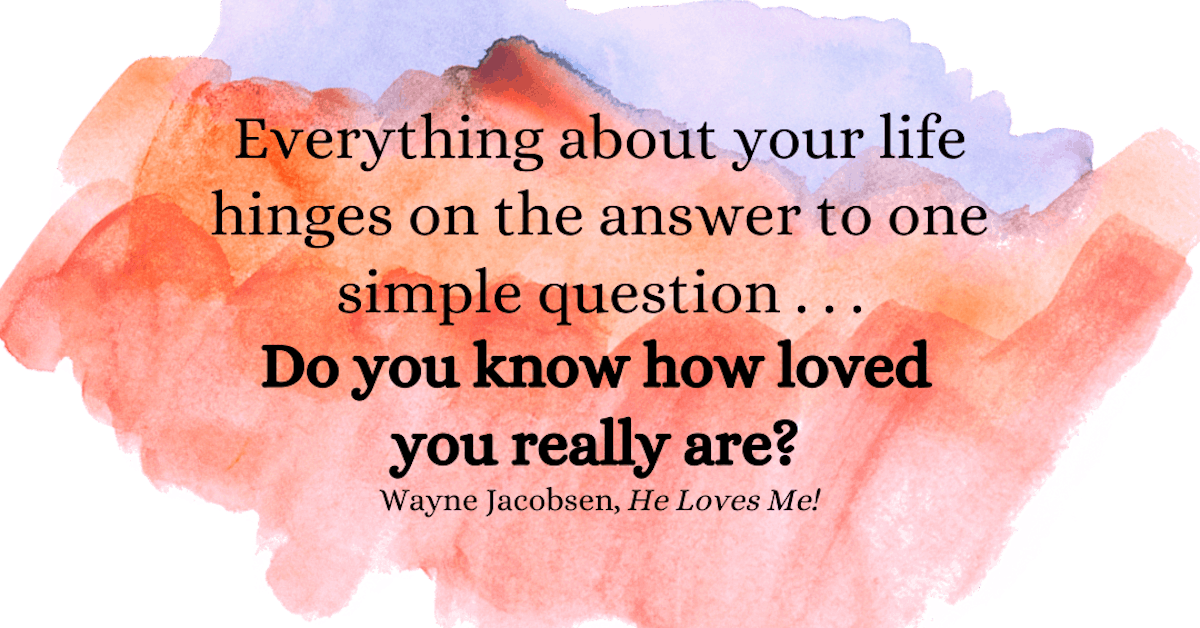Proposal: There is no vengeance in God’s agony for the sin of the world.
I’m putting that out there, hoping to start a conversation with many of you.
I grew up believing God was incredibly vengeful. The Old Testament writers convinced me. Their writings were full of God-is-going-to-get-you passages against Israel’s enemies, and even against Israel itself when they fell to worshipping idols or disobeying his commands. They saw every calamity as an intentional act of God, and he was angry a lot. Passages like those used to terrify me as a young boy growing up and I was extra careful to make sure I was one of the good guys, trying to follow God as best I could. But that doesn’t mean I was free of sin, or didn’t go wayward at times, following my own path. I used to be so afraid of what he might do to me because of my failures.
But, as I wrote in last week’s chapter of It’s Time, Jesus talks about his Father quite differently. “For God so loved the world…,” and “He is kind and gracious to the wicked and the ungrateful.” Jesus came to win people into his Father’s love, not scare them half to death. He painted the picture of a tender Father, seeking reconciliation with his wayward children.
How do we account for this drastic difference? What if the Old Testament writers were interpreting God’s anguish for the world through their pre-cross lens of shame and fear? The writers felt God’s agony for the people he loved when they were seduced into sin and deceit. What if he’s not angry at all, just in pain for the suffering of his beloved?
I know we can prooftext our way to vengeance easily. We can also prooftext our way to love and generosity. But I want to know who God really is and so I’m rethinking in this arena with the God I know. That’s always my prayer, I want to know him as he really is, not how I want him to be or how religion has interpreted him to be. It is not lost on me that those most knowledgeable about the Old Testament couldn’t recognize Jesus as God’s son when he was in the same room with them. They completely misunderstood God and couldn’t understand the forgiveness and generosity with Jesus toward “sinners.”
Why am I exploring this? For the last thirty years as I’ve been growing in the wonder of living loved, instead of trying to earn his love, I’ve noticed a shift in my thinking about who he is. And, eighteen months ago I felt God’s invitation to spend some time inside his agony and lament for the world, as he had been with me in the days when Sara was gone. One day, as I was seeking some answers for how we might pray against the delusion and anger that is in the world, he seemed to say that the answers I sought were inside his grief for the suffering of the world. Then, almost as an aside, came this hint: “There is no vengeance in my agony.” I’ll be honest, the thought surprised me. I hadn’t realized before how much I thought his anguish was anger.
So over the past eighteen months I have looked for vengeance inside my Father’s agony. I haven’t found it. What’s more, I find less of it in my own heart. One person shared with me recently that someone was going to pay a severe price for the did wrong they did to me. My visceral response was, “Oh God, please no.” I didn’t want a drop of vengeance for them, only a pathway to freedom .
That got me to contemplate the Scripture, “Vengeance is mine; I will repay.” It is first recorded in Deuteronomy 32 and repeated by Paul in Romans 12, as an encouragement for us not to seek payback when we are wronged. Instead, Paul adds, feed your enemy if he is hungry or give him something to drink, if he is thirsty. Give back good instead of seeking revenge.
The instruction behind both of these passages is to make room for God’s wrath. Seemingly, he will get them in the end, so you don’t have to. I’ve banked a lot of pain into that account. When people have wronged me, especially in the “world,” I have been comforted by the fact that they will get theirs someday. I’m not alone. The Psalmist often found solace there. So the reason I can be kind to those who hurt me is by trusting that God will hurt them worse. I have even prayed some of those prayers in days long past hoping God would vindicate me through retribution. I haven’t felt comfortable doing so for the past couple of decades.
God’s wrath, however, is not his unrequited anger doling out severe punishment to evil-doers, but his zeal to consume the destruction of sin to redeem the world. With that in mind, could this passage mean something different than God will get revenge on my enemies. Jesus doesn’t come vengeful? He doesn’t even punish those who lied about him to have him executed; he forgives them. Maybe, “Vengeance is mine” means that God takes the vengeance of humanity into himself. “I’ll take it; dish out your worst.” Isn’t that what happens on the cross? He takes to himself the sins of the whole world.
No wonder God didn’t answer those prayers from my old days. Not once. I’ve never seen God take vengeance on people who have done me wrong. I’ve thought about Uriah in that context as well. The husband of Bathsheba, whom King David plunders one night while Uriah was off at war on David’s behalf. She gets pregnant, and when Uriah won’t sleep with her when David returns home to cover his transgression, he has Uriah killed. Ask Uriah just how vengeful God is when you see him someday. Yes, the child of his rape dies, but David ends up marrying Bathsheba, who gives birth to the next king of Israel.
And what if “I will repay” does not mean, “I will hurt your enemies to the degree that they hurt you?” What if it means, “I will repay you, for what evil others have done to you.” Now, that prayer is one I’ve seen answered many times. I have seen God pay me back for what others have stolen from me, and I am talking about more meaningful ways than money. And not having to navigate the fleshy desire for vengeance makes it much easier to sense how his Spirit might be asking me to respond in painful situations.
What’s more, can vengeance ever be redemptive? I see the parents of murdered children celebrate “justice”, whenever their child’s murderer is executed or sent to prison for life without the possibility of parole. “We finally got justice,” they say. But did they? Did the punishment of the perpetrator restore their child? Of course not. For justice, we need something far more powerful than revenge, and that is what we entrust to God. So, while I’m grateful when a murderer is convicted and off the street, I don’t think the family got justice. Their loss remains. Only God can restore what others have stolen, certainly not that child, but others to love and a life that is full even with the grief of their loss.
So, I’m wondering if our hope that a vengeful God will give worldly people what they deserve only feeds our own desire for vengeance, even if we don’t get to dispense it. Is that why we still can respond to the animosity of the world with a vitriol of our own? Where then do we find the secret of being “kind and grateful to the wicked and the ungrateful?”
This will obviously be a major shift in how I read Scripture. The miracle of the Old Testament is that they saw through their shame bias to discover a God that was slow to anger (if at all) and abounding in lovingkindness. There’s the miracle. They saw his true nature, even though their internal shame blamed God for every bad thing. I don’t know any other way where both Scripture and my engagement with God can live freely in the same space. When I contemplate this kind of shift, I like to run it past others to hear what they think. I am finding no vengeance in God’s agony and want to put that out for others to explore and comment on. So, what do you think? It would be great to have an open, honest, and generous conversation in the comments below.
Don’t just give your opinion without contemplating some of these thoughts. Then, let’s think through this together and see what we learn.











 Finally, we are nearing our goal of completing work on rescuing the orphanage we built fifteen years ago from torrential rains. In the photo at left, a government inspector checks the repairs already made and is pleased with the progress.
Finally, we are nearing our goal of completing work on rescuing the orphanage we built fifteen years ago from torrential rains. In the photo at left, a government inspector checks the repairs already made and is pleased with the progress.

